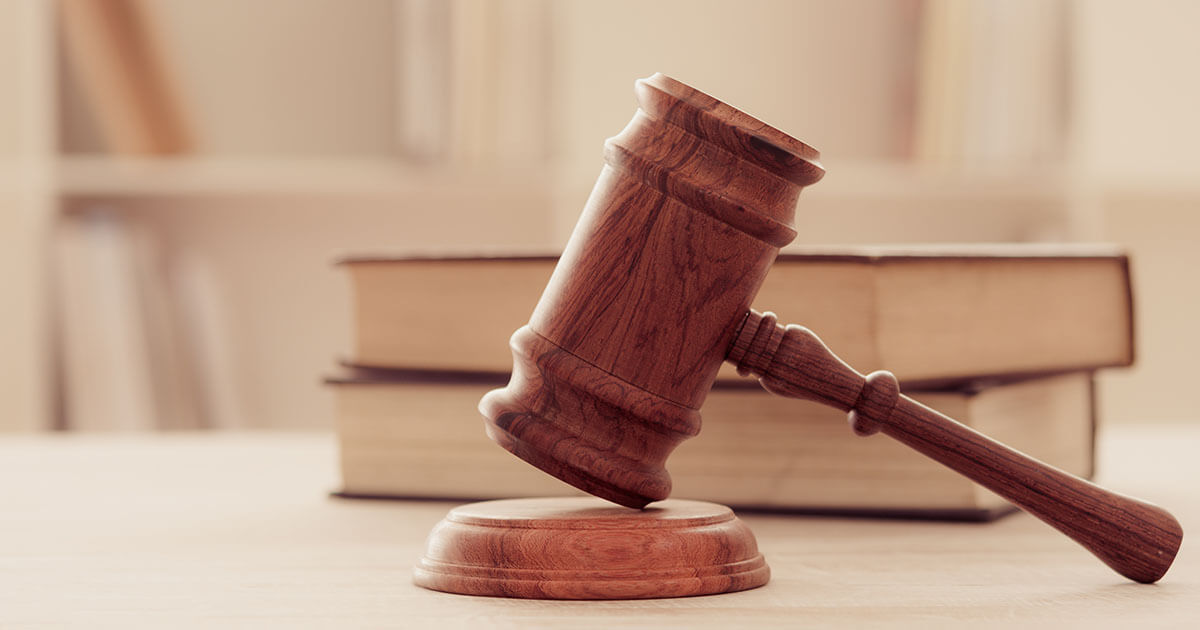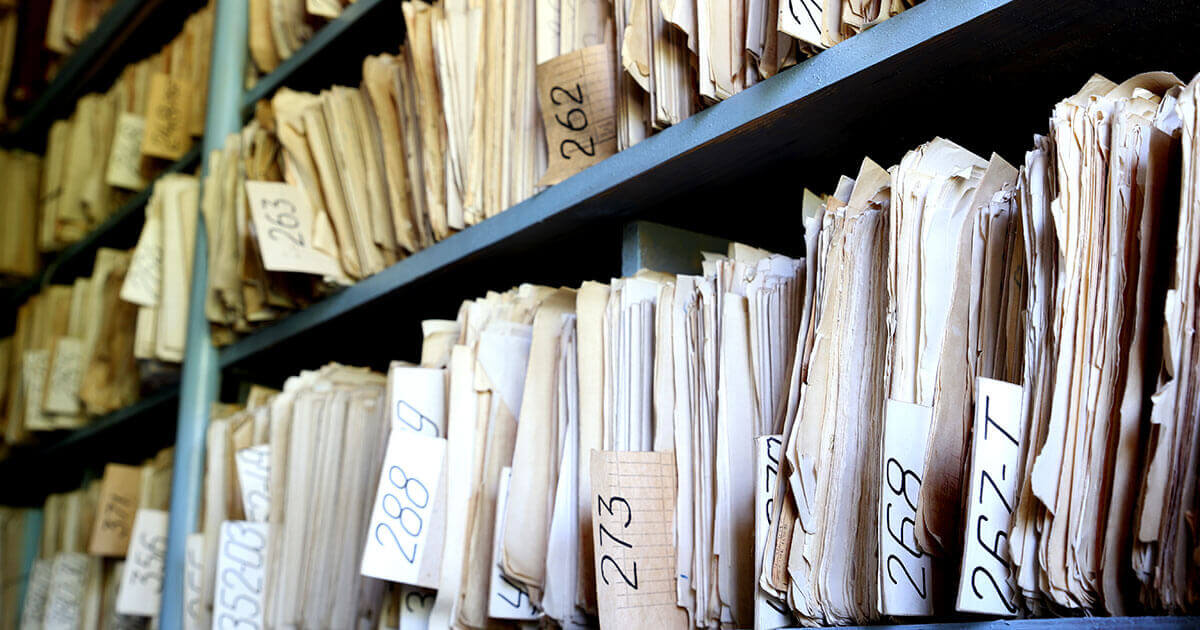Starting a business: entrepreneur vs business owner
Before we look at the various business permits and licenses a company may need to consider, it’s worth to develop an understanding of the difference between an entrepreneur and a business owner. An entrepreneur is similar to a business owner in that both commonly start a business by themselves. But the main difference is that entrepreneurs often launch their businesses based on an innovative idea or service. The term originates from the French “entreprendre” which means “to undertake”. A good example is a person who develops a unique software product and attracts funding to launch a start-up. Business owners, on the other hand, could be anyone selling goods or services. A sole proprietor selling used books on Amazon is a good example of a business owner. The element of risk can be smaller for business owners because their ideas have often been tried and tested. The risks can be higher for entrepreneurs, but so are the rewards.
One doesn’t exclude the other though. You could start out as a business owner, for example operating a café, and later turn it into a franchise, taking on an entrepreneurial role.
An entrepreneur is a person who starts a business carrying the full risks and responsibilities for their start-up. Many entrepreneurs also operate multiple start-ups. The idea is that an entrepreneur solves a specific problem by developing an innovative solution.
But irrespective of the legal structure you choose, if you’re selling certain goods such as food, supplements or alcohol, or provide services such as a day care, you must apply for a business license.
What are business permits?
Business permits are issued by state authorities to ensure that business operators comply with local laws. Procedures to secure them can vary according to the state you operate your company from. Importantly, the state has the right to shut down any business that is not compliant with the law, i.e. where a business owner fails to show a valid permit.
Not every company owner will need to apply for a business license. If, for example, you’re a sole proprietor providing digital design services, you won’t need a special permit to conduct your business. However, if, for example, you sell food supplements, the state will require your business to apply for a permit because supplements can potentially pose a risk to human health.
There are two exceptions: the District of Columbia and Pennsylvania, both of which require even small business owners to register online for a general business license. Many US cities require companies to register their business name (“doing business as”). If you’re using a fictitious name, you may be required to obtain a permit from your city for it.
The difference between a business license versus a permit
Although licenses and permits are very similar in nature, i.e. they give a business permission to carry out a service or sell a certain product, there are subtle differences. A license is a more general term and gives a licensee permission to carry out a certain intent. Licenses can also be given to people with specialist skills, for example, psychologists usually need to qualify to obtain a state license to practice professionally. Permits, on the other hand, are related to safety standards. A restaurant may need to obtain a permit to serve alcohol and food. Many businesses will have to obtain both, for example, a beauty salon must apply for a health permit and employ licensed practitioners.
When do you need to apply for a business license?
Where your business activities are overseen by federal or state agencies, you need to register for a business license. In many cases, you will be required to comply with federal laws as well as state regulations. You can search your state’s board of professional practice to find out if your business activities require a license or permit.
Business activities that require a license or permit, and corresponding federal and state agencies to obtain them from are shown in the table below.
| Type of business | Responsible federal agency |
|---|---|
| Agriculture – any activities that involve animals or plants, animal products or their transport | US Department of Agriculture |
| Alcohol – if you make, sell or import alcohol | Alcohol and Tobacco Tax and Trade Bureau |
| Aviation – any business involving operation of aircraft or transporting goods via aircraft | Federal Aviation Administration |
| Beauty and hair salons – any business providing skin or hair treatments | Local Health Authority |
| Childcare – where a business provides day care from home or a specialist facility | US Department of Health and Human Services - Child Care Office |
| Commercial fishing | National Oceanic and Atmospheric Administration Fisheries Service |
| Firearms – if you sell or import firearms or related products | Bureau of Alcohol, Tobacco, Firearms and Explosives |
| Fish and wildlife – a business that deals with fish or wildlife products | US Fish and Wildlife Service |
| Food – home-based food businesses need to speak to their local health authority whilst those operating a food facility need to register with the Food and Drug Administration | Local Health Authority and/or Food and Drug Administration |
| Gaming and casino – facilities where gambling or gaming activities take place | Local Gaming Control |
| Maritime transport – if your business provides transportation or cargo delivery by ship | Federal Maritime Commission |
| Mining – any company involved in drilling for gas or mining for natural resources | Bureau of Safety and Environmental Enforcement |
| Motor vehicle sales | Department of Motor Vehicles |
| Nuclear energy – businesses that produce nuclear energy | US Nuclear Regulatory Commission |
| Psychology – a person that launches their own psychology practice or related services | Local State Board of Psychology |
| Radio or TV broadcasting | Federal Communications Commission |
| Logistics – any business operating large vehicles | US Department of Transportation |
Local business licenses
In addition to federal and state licenses, many cities in the US will have their own regulations and requirements. This is the case for special events, farmer’s markets, development projects and planning proposals, among others. For example, if you plan on making changes to property you own, you will need to apply for a permit from your city or local council.
Importantly, it doesn’t matter whether you conduct your business from your home or outside of it. Business and professional licenses are required depending on the type of activity your company carries out, not necessarily its place of business. However, regulations vary widely by location. There are, however, special licenses for your place of work, for example, food processors will need a special permit to verify they are operating under sanitary conditions.
What does a business license or permit cost?
The cost of a business license or permit depends on the type of license you are applying for and the state in which your business operates. Average business licensing costs can range from $50 up to $500. Liquor licenses are significantly more expensive ranging from $3,000 to $12,000. The fees to become a licensed psychologist range from $500 to $1,000 for the registration alone. There are also fees to sit exams. Meanwhile, a health permit for a food operator can cost between $800 to $5,000.
Many permits will also require renewal after a year or a set amount of time.
How do you apply for a permit or license?
Application procedures will depend on the type of permit you’re applying for and whether you are processing your request online or offline. This will be largely dictated by the authority you’re applying to. Let’s look at an example.
Say you’re importing Swiss chocolate to the US to sell through your online business. Because they are food products they fall under the jurisdiction of the US Food and Drug Administration (FDA). You must take the following steps:
- Give prior notice to the FDA by filling out the relevant forms.
- Ensure that any foods you import meet the following compliance stipulations.
- The FDA will verify that the foods you’re importing are safe to consume, sanitary, wholesome and pure, and contain English labels at the time of import. They may also take a sample from your chocolate and analyze it to ensure it is safe for eating. The FDA can withhold imports that don’t meet its requirements.
To speed up the import of food products, the FDA launched the Voluntary Qualified Importer Program (VQIP), which importers can apply for to avoid hold-ups at entry point.
When applying for a permit make sure to fill out all the required sections, submit any forms on deadline and pay all relevant fees. Otherwise, it may take longer for your request to be processed by the authorities.
Starting your own business is a challenging endeavor, but if you understand the individual steps involved and are well-prepared, the process can often be a little more frictionless.
Click here for important legal disclaimers.




